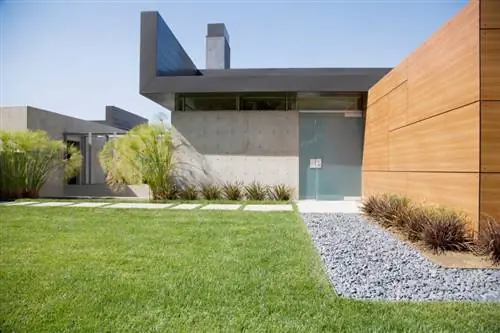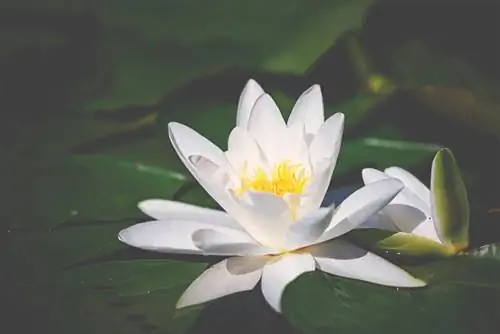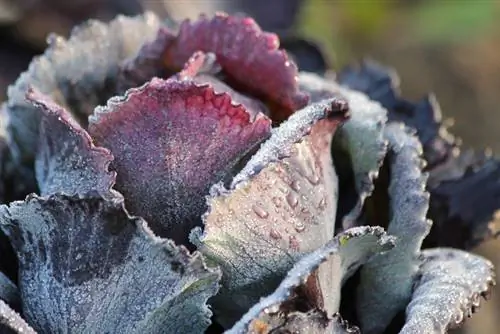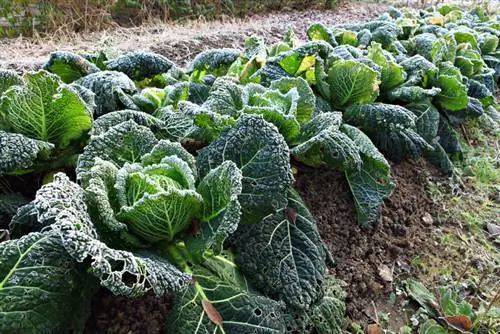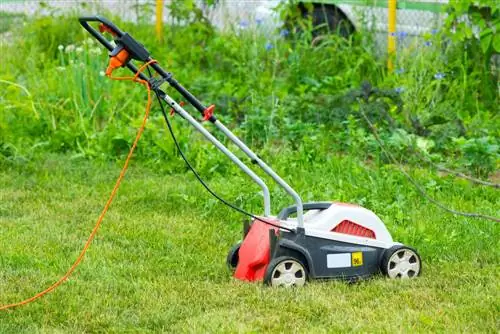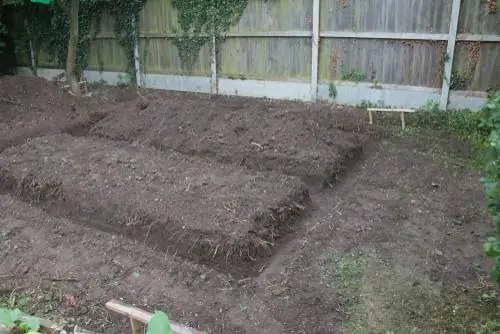- Author admin [email protected].
- Public 2023-12-16 16:46.
- Last modified 2025-01-23 11:20.
There is no universal lawn for every need and location. Instead, you can choose from a variety of different types. Whether it's a fast-growing lawn for the impatient or a slow-growing lawn for the highest demands; the following list provides a comprehensive overview.
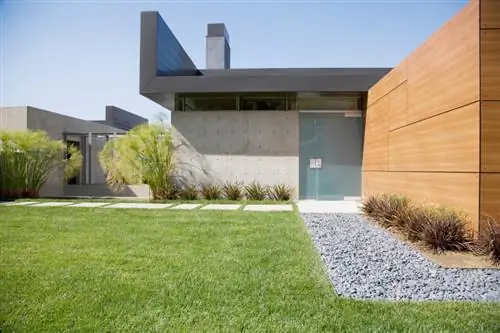
Which types of lawn can be distinguished?
The different types of lawn include ornamental lawn, utility lawn, sports and play lawn, shade lawn, landscape lawn and dry lawn. Each type of lawn has different characteristics in terms of location, durability, care requirements, shade tolerance and fertilization requirements. There are also fast and slow growing lawn mixes to suit different needs.
List of lawn types
When choosing lawn seeds, gardeners enter into a commitment that can last for decades. In addition, the lawn is rightly considered the green calling card and is a testament to gardening skills. You therefore want to choose the optimal type of lawn carefully. The following list presents the most important ways to contribute to informed decision making:
| Lawn Types | ornamental lawn | Use lawn | Sports and play turf | Shaded lawn | Landscape Lawn | Dry lawn |
|---|---|---|---|---|---|---|
| Location | sunny to partially shaded | all layers | all layers | partially shaded to shady | all layers | full sun to sunny |
| Durability | high | high | high | low | for extensive use | low |
| Care needs | low | medium | medium | high | 3 cuts per year | 2-5 cuts per year |
| Shadow Tolerance | mediocre | good to medium | medium | high | medium | none |
| Fertilizer requirement per year | 3-4 times | 4-5 times | 4-5 times | 4-5 times | 1-2 times | 0 times |
| Recommended quality blend | Majestic Royal by Kiepenkerl | Loretta Supra Nova Universal | Classic Green sports and play turf | Compo Seed Shade Lawn | Greenfield GF 711 landscape lawn | Kiepenkerl DSV 630 |
Fast-growing lawn for all locations
If things need to be done particularly quickly, lawn experts have put together a special mixture. With products such as the 'Captain Green Miracle Lawn' or the 'GartenMeister Miracle Lawn' you will have a lush green grass area after just 3 weeks. This also applies to new planting and reseeding of ornamental and commercial lawns in sunny to semi-shady locations.
Fast-growing lawns also score points with their consistent displacement of moss and weeds, which cannot keep up with this pace and lose out. However, anyone who doesn't feel like mowing the lawn particularly frequently and having the corresponding amount of clippings will look elsewhere.
Slow-growing lawn impresses with premium quality
It undoubtedly takes its time growing; slow-growing lawns challenge the gardener's patience. Anyone who doesn't let themselves be disturbed after sowing will be rewarded with a thick turf and less need for mowing. The amount of clippings that need to be disposed of is correspondingly small. In addition, slow-growing lawns tolerate summer drought excellently and need to be watered less often.
If you are looking for suitable seed mixtures, you will find what you are looking for at 'Wolf-Garten Natural Lawn' or 'Eurogreen Landscape and Rough Mixture'. Slow-growing lawns branch more intensively, so that they can withstand extensive stress without immediately developing bare spots.
Tips & Tricks
Do you know the secret ruler of the noble grasses? The Lägerrispe (Pos supina) is difficult to beat in terms of tread resistance, resilience and weather resistance. A high-quality lawn variety should contain at least 5-10 percent of this type of grass.

